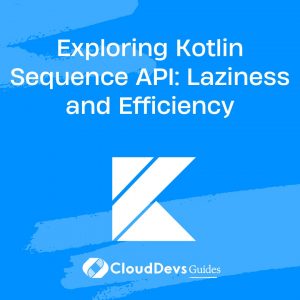What is Kotlin?
Kotlin is a modern, statically typed programming language developed by JetBrains, the creators of popular development tools like IntelliJ IDEA, PhpStorm, and PyCharm. Officially announced in 2011, Kotlin emerged as a pragmatic language designed to address the limitations and challenges posed by existing languages, particularly Java, in building robust and efficient software solutions.
At its core, Kotlin is designed to be concise, expressive, and interoperable with existing Java codebases, making it an ideal choice for a wide range of applications, from mobile development to backend systems and web applications. It is fully compatible with the Java Virtual Machine (JVM), which means Kotlin programs can seamlessly integrate with Java libraries, frameworks, and tools. This interoperability enables developers to gradually migrate their projects from Java to Kotlin or even use both languages within the same codebase, leveraging the strengths of each.
One of Kotlin’s key features is its focus on safety and nullability. Kotlin’s type system is designed to eliminate the dreaded NullPointerException (NPE) that has plagued Java developers for years. By distinguishing between nullable and non-nullable types at the language level, Kotlin ensures that null pointer exceptions are detected at compile time rather than causing runtime crashes, thus enhancing the overall reliability and stability of Kotlin applications.
Another notable aspect of Kotlin is its support for functional programming constructs, including higher-order functions, lambda expressions, and immutable data structures. These features enable developers to write more expressive and concise code, leading to improved readability and maintainability of software projects.
Kotlin also introduces several language features that streamline common programming tasks and reduce boilerplate code, such as data classes, extension functions, and smart casts. These language constructs empower developers to write cleaner, more expressive code with fewer lines, resulting in increased productivity and codebase clarity.
In addition to its versatility on the JVM, Kotlin has also gained popularity as a first-class language for Android app development. Since Google announced official support for Kotlin in 2017, adoption has surged within the Android community, with many developers embracing Kotlin as their preferred language for building Android apps due to its modern syntax, safety features, and seamless integration with existing Java codebases.
Kotlin represents a significant evolution in the world of programming languages, offering developers a powerful and pragmatic alternative to traditional languages like Java while fostering innovation and productivity in software development.








